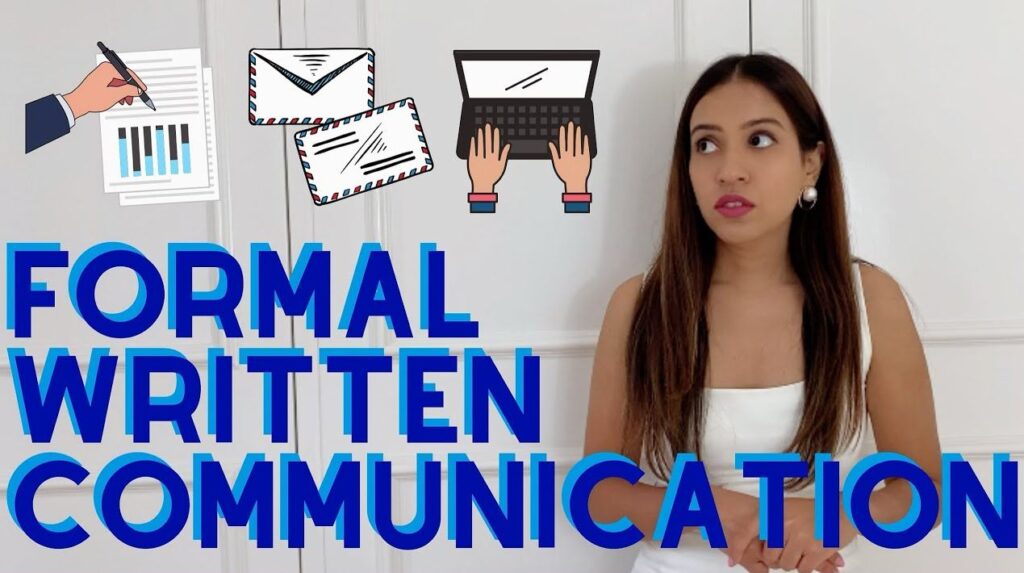Written Formal Communications Procedures Including Some Form Of Accountability Will Reduce The Barriers To Communications Which Occur Within The Chain Of Events Leading To A Mistake Of Significant Consequences (2010)
Written Formal Communications Procedures Dissertation – A literature review was conducted to identify previous work done on communication. From this research several communication models were identified. In order to analyse the models and to help choose a suitable model on which a procedure for preventing communication errors could be built a critical appraisal of the literature review was carried out.
This identified the Shannon model as it described a system of communication in which meanings are assumed to be somehow contained within the signs used in the message and the receiver can, as it were, take them out again. Matters such as the social context in which the message is transmitted, the assumptions made by source and receiver, their past experiences and so on are simply disregarded. This is the very situation that is required in order to send a formal written communication.
In order to justify the use of written formal communication procedures a case study was used which concerned the use of ‘Permits to Work’. Examples of formal written procedures known as Safe Working Practices, such as the ‘Isolation Procedure’ and ‘Seven Steps to a Successful Risk Assessment’ were discussed to help formulate a step by step procedure that could be used to identify where errors in communication can occur and produce a formal written communication procedure including some form of accountability to prevent them.
Finally, an eight step procedure was formulated from which Managers will be able to use the steps to analyse, identify and correct any situations in an operation which could lead to errors in communication, by implementing formal written communication procedures to cover that situation.
- 10,000 words – 44 pages in length
- Excellent use of literature
- Good analysis of subject area
- Well written throughout
- Ideal for media and communications students
Introduction
The problem
Justification for the methods
The structure of the Discussion
Literature Review
Communications Models
Communicator
Control analysis
Message
Receiver
The Message
The Channel
Noise
Decoder
Receiver
Source
Message
Channel
Critical Appraisal of Literary Review
Discussion
Communication Problems
Misinterpretation
Misunderstanding
Incorrect or insufficient information
Feedback/accountability
Choice of a suitable communications model
Formal procedures that remove barriers to communications
Narrowing the channel
Enable the coding and decoding to mean the same to both sender and receiver
Ensuring that the sender and receiver have the same level of knowledge
Accountability
The Conclusion
Bibliography

